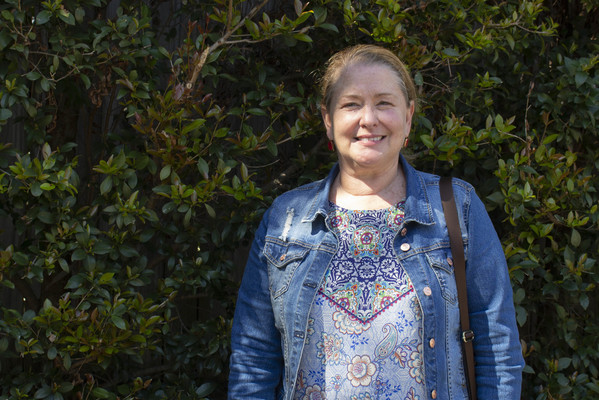Four years after Noosa registered nurse Fiona Jacobs began advocating for Voluntary Assisted Dying (VAD), the Queensland Government last week passed a VAD Bill she believes to be the best in the country.
“It all began with mum’s death in December four years ago,“ Fiona said. “She had a rugged time for 12 days before she died.“
Fiona felt it unfair and unnecessary for anyone to endure a long and painful death in the 21st century and, when she began advocating with nurses supporting VAD, only Victoria had passed legislation.
A lot of MPs wanted to know what nurses felt about assisted dying so Fiona was able to work with the Queensland Law Reform Commission to convey a perspective from the nurses’ point of view.
She has worked with other VAD advocate groups in Queensland and assisted in legislation formation in Western Australia and Tasmania.
The Queensland Parliament last week passed the Voluntary Assisted Dying Bill 2021 with 61 in favour, including Noosa MP Sandy Bolton, and 30 opposed.
The Bill sets out a legal process for people who are suffering and dying from an advanced and progressive, life-limiting condition the right to choose the timing and circumstances of their death, but will not be available until 1 January 2023 when the law comes into place.
Premier Annastacia Palaszczuk paid tribute to members of Parliament for the dignified manner in which the Bill was debated and the historic conscience vote that enabled it to pass.
“This is a deeply personal matter and we have heard the moving stories that prompted Members to vote in the way they have,” the Premier said.
“We got to this point after years of consultation with the people of this state and expert advice.
“It was not rushed.
“Queenslanders will now have a choice that I know many families wish they had.”
Attorney-General Shannon Fentiman said passage of the legislation made Queensland the fifth Australian state to make voluntary assisted dying legal.
“It follows extensive work and consultation by two Parliamentary inquiries and a year-long inquiry by the independent Queensland Law Reform Commission (QLRC),“ she said.
Fiona was in the Speaker’s Gallery in Parliament for the final day of debate and the vote.
After expecting amendments be sought to the Bill, she was pleased when it was supported in whole.
Fiona said the Queensland legislation stood apart from the rest of Australia for a couple of reasons.
Under Queensland law, institutions such as nursing homes that do not agree with VAD will not be able to prevent their residents from accessing it. In addition, registered nurses and nurse practitioners will be able to administer the drug which will be particularly important in remote areas of the state where doctors are not always available, she said.
“It’s an excellent Bill,“ she said. “It’s very considered and cognisant of both sides of the fence. It’s going to provide a lot of peace of mind. A lot of people don’t use it but it makes them feel in control. They can get on with their lives without worrying what their end of life will look like.“
Fiona said the consideration of the legislation also put palliative care and its shortfalls in Queensland in the spotlight and the government has also announced a funding boost in the area by $171 million over five years.
Health Minister Yvette D’Arth said Queensland Health would be putting in place the complex clinical and administrative arrangement for the scheme’s implementation over the next 15 months.
“This includes establishing the Voluntary Assisted Dying Review Board, a Statewide Care Navigator Service, Statewide Pharmacy Service, support systems for access by regional and remote communities and developing training, supporting guidelines and processes,” she said.
“Additional engagement with stakeholder groups including medical professionals, First Nations and multicultural groups will be essential to guiding some of this work.”








